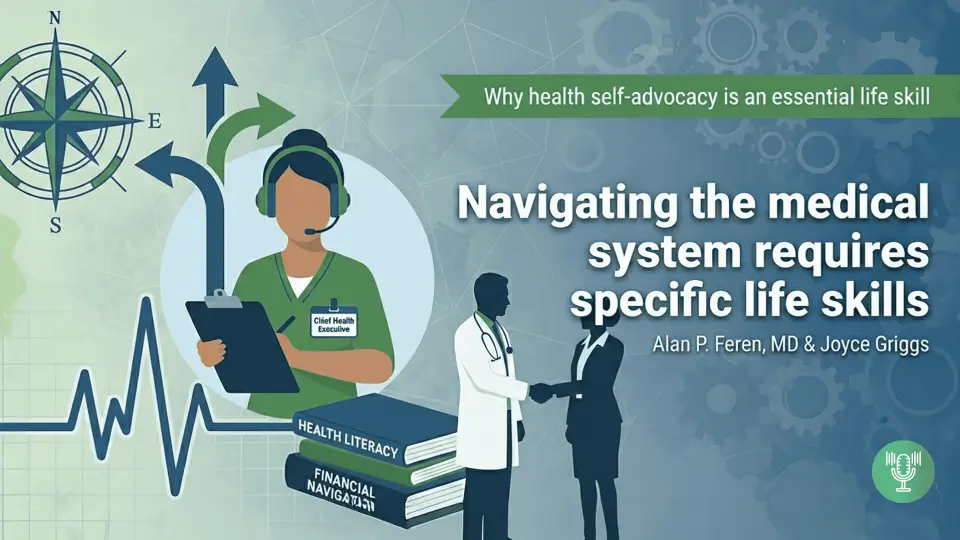Loneliness affects more than a third of older Americans. Another third of older adults feel isolated: they may be living alone, lack transportation, or live far from loved ones. Or they may have outlived a spouse or friends.
Loneliness and isolation can have serious health consequences. Research has shown that people who feel lonely or isolated are at increased risk for developing coronary artery disease, stroke, depression, high blood pressure, declining thinking skills, an inability to perform daily living tasks, or an early death.
Steps you can take to conquer loneliness:
- Connect meaningfully with family and friends in a way that works best for you: whether by phone, via video chat, or even by talking with your neighbors across the fence or in a park.
- Be thankful. Loneliness can lead people to focus on themselves and their hardships. Aim to express appreciation toward friends, family, and strangers.
- Focus on what you can change. Spending time dwelling on your current situation can perpetuate loneliness; rather, focus your attention on something within your control and work at it.
- Enjoy being busy. Complete a chore, spend time writing, find a new hobby, or just allow yourself to delve into a new activity.
- Remove negativity and smile. Surround yourself with people and activities that bring you joy. Consider taking a break from the news, or at least limiting your consumption. Just the act of smiling can make you feel better.
- Be kind, understanding, and patient. Work on treating yourself and others with compassion. Engaging in pleasurable interactions can also help those around you, and may result in deeper connections.
- Develop a routine that provides balance and familiarity. Create a daily plan that includes physical activity, time for connecting with loved ones, a project or hobby, and a relaxing pleasure.
Reference: Harvard Medical School (2021), Conquering loneliness [Blog]. Available at: https://www.health.harvard.edu/healthbeat/conquering-loneliness (Accessed: 31 May, 2021)






